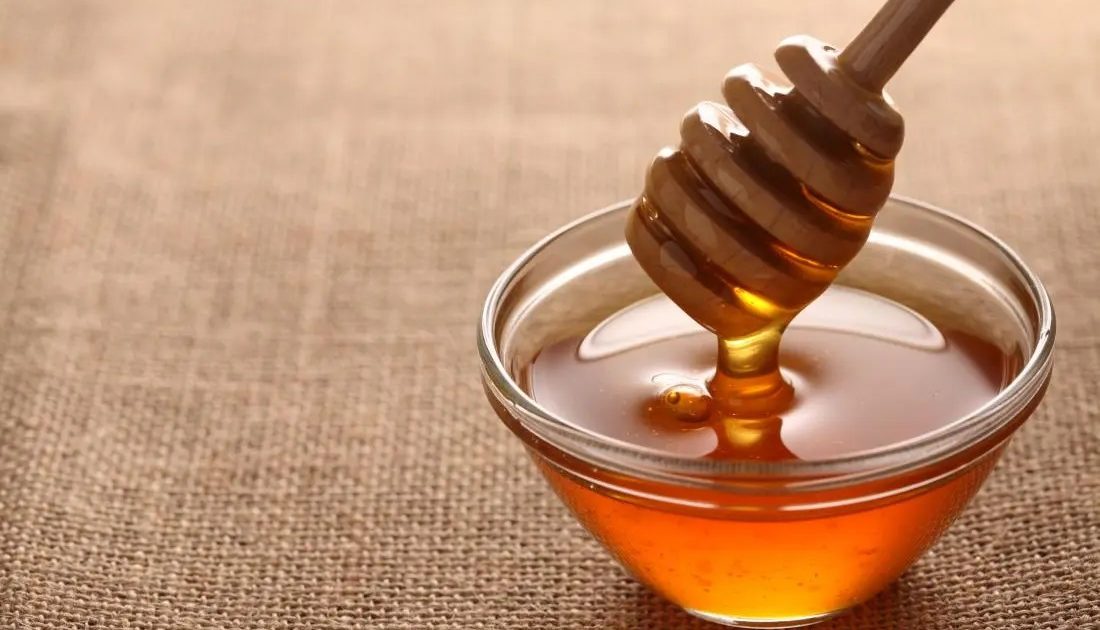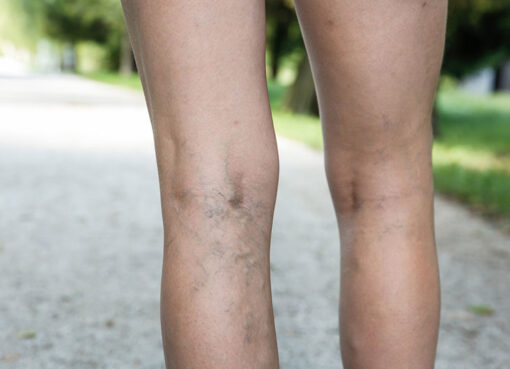If you or a family member suffers from asthma, it is important to know the right First Aid For Asthma. That way, you don’t panic and know what to do if a sudden asthma attack occurs.
Difficulty breathing is one of the effects of asthma. When an asthma attack comes, the airways will swell, constrict, and produce a lot of mucus. All ages and all genders can experience this condition. Starting from babies to adults, both women, and men.
The trigger factors for asthma attacks are different for each person. Things that can trigger asthma symptoms can include dust, cigarette smoke, animal dander, fatigue, stress, or side effects of medicine.
Although known to be incurable, the appearance of asthma symptoms can at least be avoided and prevented. With proper treatment, asthma symptoms can be controlled so that they do not interfere with the life of the sufferer.
Asthma Attack Symptoms
Asthma attacks can occur suddenly, anytime, and anywhere. Check out the following asthma symptoms:
- Wheezing or a ‘sigh’ sound when breathing
- Shortness of breath or shortness of breath
- Chest feels heavy or full
- Severe coughs that usually occur at night make it difficult to sleep
- Feeling weak suddenly
- Can’t speak fluently because of shortness of breath
Watch out for asthma attacks that appear quite severe. This can be characterized by severe shortness of breath accompanied by pale skin, and lips and fingers that look bluish.
First Aid for Asthma
If you are having an asthma attack, stay calm and take the following first aid steps for asthma:
- Sit down and take a slow and steady breath
- Try to stay calm, because panic will only make asthma attacks worse
- Spray inhaler medication for asthma every 30–60 seconds, maximum of 10 sprays
- Call an ambulance if you don’t have an inhaler, your asthma gets worse despite using the inhaler, doesn’t improve even after 10 sprays of an inhaler, or if you are worried
- Repeat step three if the ambulance has not arrived within 15 minutes
If you see someone else having an asthma attack, you can help them by practicing the following first aids for asthma:
- Call an ambulance
- Help the person to sit up comfortably, while loosening the clothes so they are not stuffy
- Ask the trigger factors for asthma and keep the patient away from possible triggers, such as dust, cold air, or pets
- If the person has asthma medication, such as an inhaler, help him or her to use it
- If he doesn’t have an inhaler, use the inhaler in the first aid kit, don’t use inhalers from other asthma sufferers
- To use the inhaler, remove the cap, shake, then connect the inhaler to the spacer, and attach the mouthpiece to the spacer.
- After that, attach the mouthpiece to the patient’s mouth and make sure that the patient’s mouth covers the entire end of the mouthpiece
- When the patient takes a slow breath, press the inhaler once. Ask him to keep breathing as slowly and deeply as possible, then hold his breath for 10 seconds
- Spray the inhaler four times, about 1 minute apart each time
- after spraying 4 times, wait 4 minutes. If breathing is still difficult, give four more sprays at equal intervals
- If there is still no change, give four inhaler sprays every 4 minutes until the ambulance arrives
- If the asthma attack is severe, spray the inhaler 6–8 times every 5 minutes
Perform the above steps while waiting for help to arrive, and don’t leave the asthmatic person alone.
Emergency medical care should be given immediately if a person with asthma has difficulty breathing until he looks pale, his lips turn blue, he can’t speak, or he faints.
If you or your family have asthma, take the treatment that has been suggested by your doctor and don’t ignore the symptoms so that your health condition doesn’t get worse.
Choice of Natural Asthma Medicine that are safe for all ages
firstaidforasthmaattacks.com sells various kinds of natural remedies for asthma. Here are some choices of traditional herbal medicines that may be useful to help relieve asthma of all ages.
Ginseng and garlic
Garlic has anti-inflammatory properties which experts believe can reduce inflammation in the airways due to asthma. Interestingly, a recent study revealed that the efficacy of garlic to treat asthma was increased when combined with ginseng.
Mice who were given ginseng and garlic for 21 days reported decreased symptoms and inflammation in their lungs. The study was conducted by researchers from the faculty of veterinary medicine, South Valley University in Egypt.
Even so, until now there has been no research that can prove that these two herbs are effective for long-term traditional treatment of childhood asthma. So, you should first consult a pediatrician about the use of these two natural ingredients as a treatment for your little one’s asthma.
Honey
In addition to being an herbal remedy for coughs and sore throats, honey is also believed to help relieve asthma symptoms in children thanks to its abundant antioxidant content. Research explains that antioxidants are effective for fighting inflammation and boosting the immune system of children with asthma.
advice from researchers is to consume 2 tablespoons of honey before going to bed. Sweet honey triggers the salivary glands to produce saliva. Well, this saliva is what ultimately lubricates the airways so that it can help relieve coughs.
Honey can also reduce inflammation in the bronchial tubes (airways inside the lungs) and help loosen mucus that makes it difficult to breathe. Mix 1 teaspoon of honey in a glass of warm water and ask your little one to consume it three times a day. To add flavor, you can also add a squeeze of lime, lemon, or a pinch of cinnamon.
Ginger
Ginger is one of the herbs that has many health benefits, including relieving asthma symptoms. No kidding, the benefits of this one spice have even been recognized since the days of our ancestors. Until now there has been no scientific explanation of how ginger can act as an asthma herbal medicine for children.
However, studies report that ginger reduces inflammation and blocks contraction of the airways. Ginger has also been reported to help relax tense muscles in the walls of the airways, as found in some asthma medications. No wonder ginger can be used as the treatment of choice to relieve asthma symptoms in children.
Another study in the Journal of Pharmaceutical Biology also said that ginger can help reduce allergic responses by lowering IgE levels in the body. As is known, asthma has a strong relationship with allergies. When these IgE levels decrease, the allergic reactions that appear will also slowly decrease.
As a result, asthma symptoms experienced by children can be more controlled and rarely relapse. As a traditional remedy to relieve asthma symptoms in children, you can make a glass of warm ginger tea. Add lemon and honey for a delicious and healthy taste.





